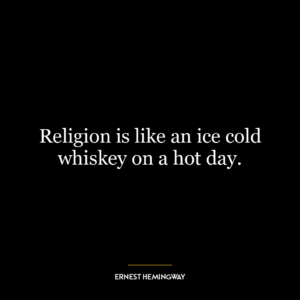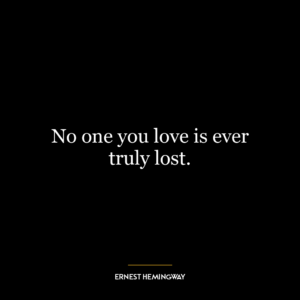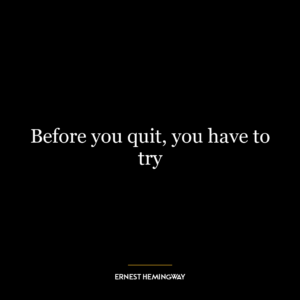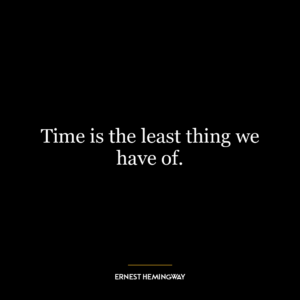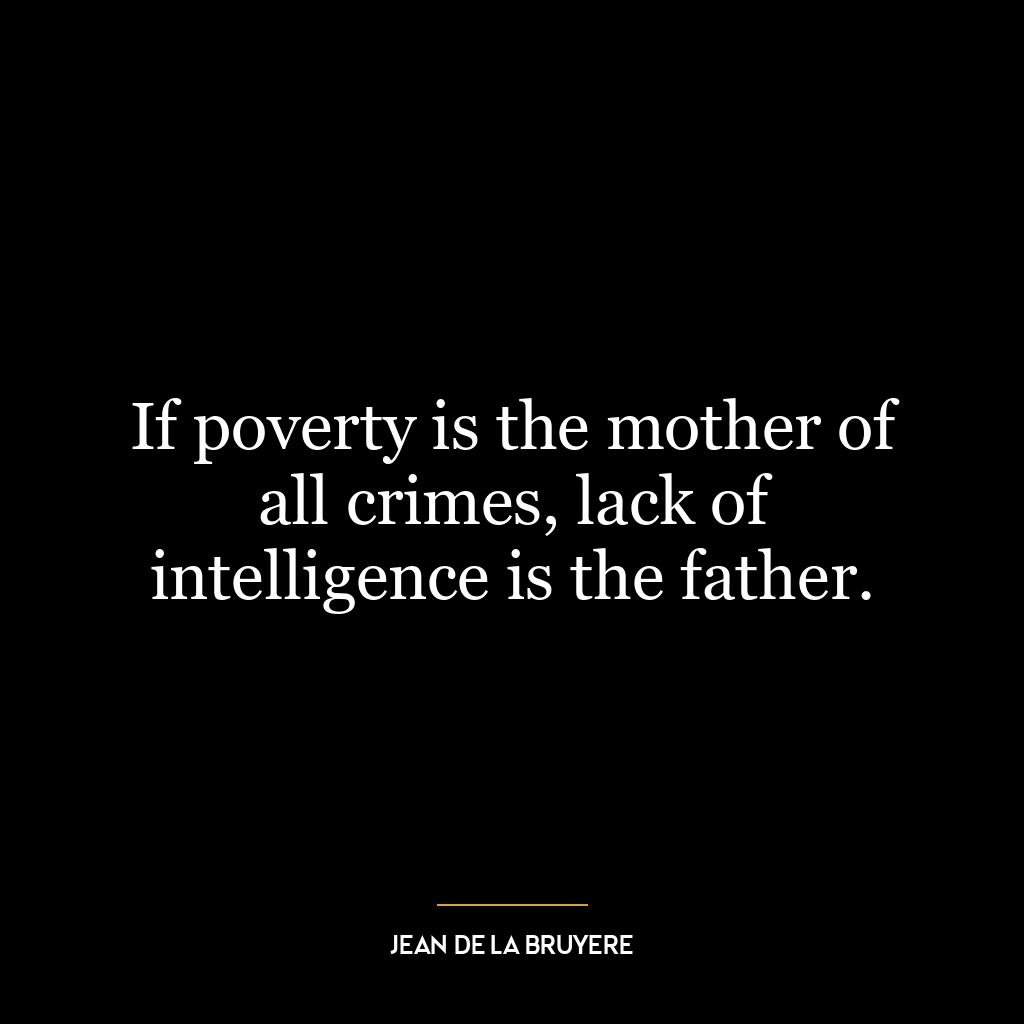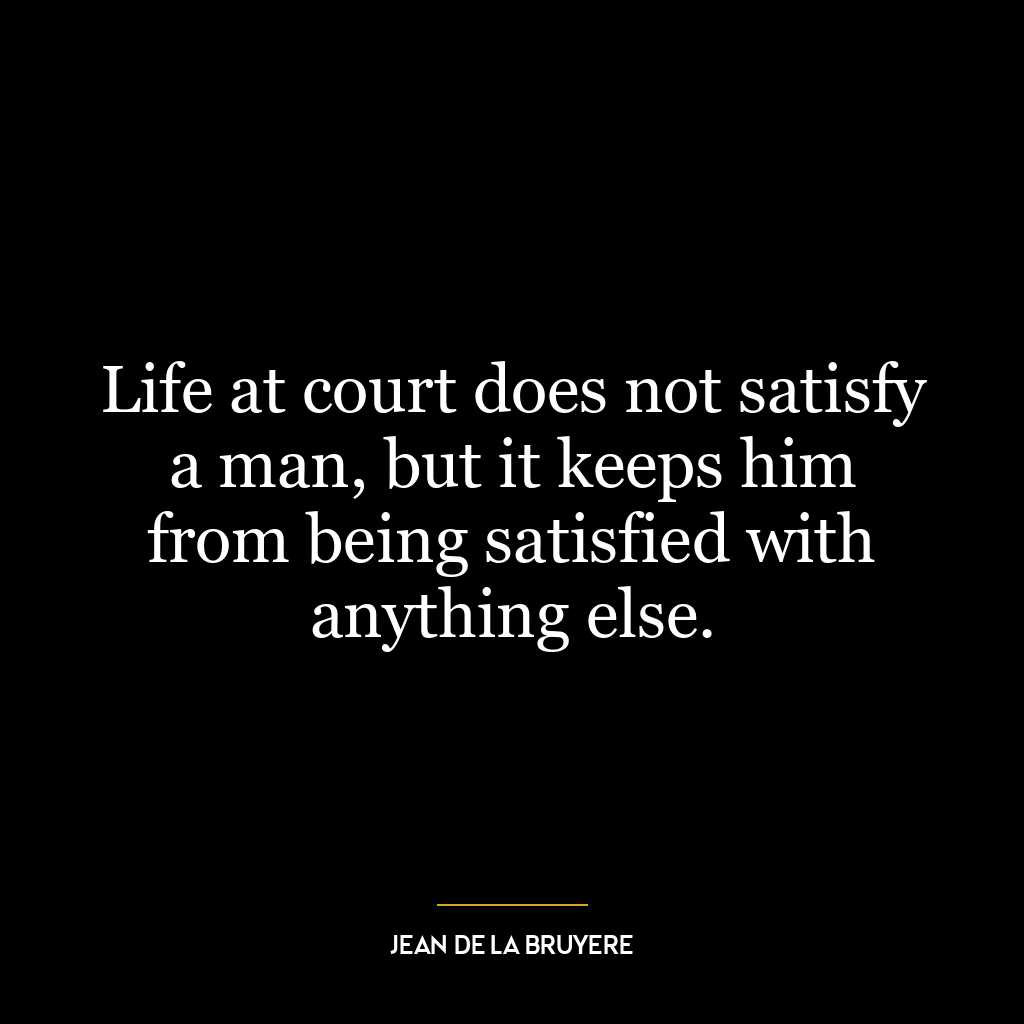This quote by Hemingway is a profound statement about work, satisfaction, and poverty. It suggests that if an individual is engaged in work that they find fulfilling and satisfying, the state of being poor does not bother or affect them as much. This is because their satisfaction comes from the work they do, rather than the material wealth they may or may not possess.
The quote highlights the importance of intrinsic rewards over extrinsic ones. Intrinsic rewards are intangible benefits that we derive from doing something, like the satisfaction and enjoyment we get from doing a job well or pursuing a hobby we love. Extrinsic rewards, on the other hand, are tangible benefits like money or other material possessions. Hemingway’s quote underscores that intrinsic rewards – in this case, the satisfaction derived from one’s work – can outweigh, and even negate, the lack of extrinsic rewards, like wealth.
In today’s world, this quote is particularly relevant. In an era where success is often defined by material wealth and social status, Hemingway’s words remind us that true satisfaction comes from doing what we love and doing it well. It’s a call to pursue passion over paycheck, and purpose over profit.
In terms of personal development, this quote encourages us to seek work that we find genuinely satisfying and fulfilling. Rather than choosing a career based solely on its earning potential, we should consider what we enjoy doing and what gives us a sense of purpose. It suggests that if we do this, lack of wealth will not bother us because we derive our satisfaction from the work itself, not the material rewards it may bring.
Moreover, it also hints at the concept of resilience and contentment. Even in the face of poverty or lack of resources, finding joy and satisfaction in one’s work can provide a sense of purpose and fulfillment that mitigates the hardships of financial struggle. It’s a reminder that wealth is not the only, or even the most important, measure of success or happiness.



